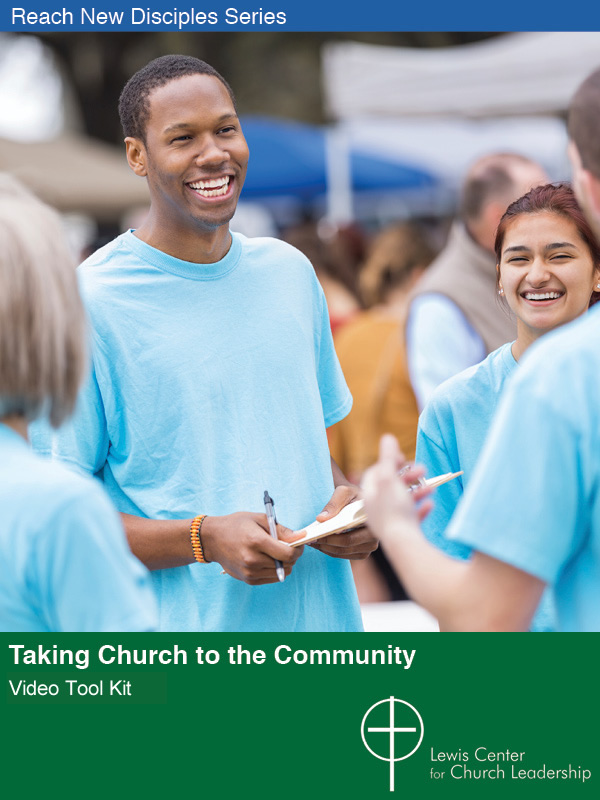Ann Michel of the Lewis Center staff says churches often operate in ways that make it hard for new people to get involved, even if they are hospitable on Sunday morning. She outlines five practices that can make it easier for new people to get connected and advance as leaders.
Newcomers often find it difficult to get involved in church activities or leadership circles, even in seemingly hospitable churches that warmly welcome new people on Sundays. In many churches, a tight-knit group of people at the core control programs and decision making. They may say they want new people involved, but the way they operate makes church systems and activities unwelcoming and impenetrable to newcomers.
These practices can make it easier for new people to get connected and advance as leaders.
1. A central point of contact
Many churches pride themselves on having an extensive array of lay-lead activities, as they should. But this often means that each activity has a different contact person. Newcomers are often bewildered when they see a long list of different leaders responsible for different programs and put off by having to reach out to someone they don’t know. It’s much easier for newcomers if there is one clear, visible starting point — a designated activity or volunteer coordinator responsible for connecting people or a table or booth consistently staffed on Sunday mornings where people can get connected with events and ministry opportunities.
2. Prompt and consistent follow-up
Nothing is more demoralizing to a newcomer than signing up for an activity or completing an interest form and getting no response. Sadly, this often happens even though churches say they are starving for new volunteers. The experience of a new volunteer at my church is a case in point. When given a check-off list of activities she checked every single box! When I asked her why she had volunteered for so many different activities she said “This is the third church I’ve attended since moving to the area. But in the previous two churches, no one bothered to respond when I signed up for activities. So, I checked everything hoping someone would actually get back to me.” I’m glad I did, because she turned out to be an incredible leader. But her story made me want to cry.
3. Launching new activities
As much as the Bible study group that has been meeting together for 30 years would love to have some new members, it’s not likely they will. Their topics may be fascinating, their members truly welcoming, but group dynamics being what they are, longstanding classes and circles inevitably become cliquish. The longer the group has been together the less likely it is a new person will ever truly feel they belong. New people are naturally attracted to new groups and events, so you’ll have more luck connecting them if you launch new activities regularly. A long-running study or discussion group can make itself more open to new participants by advertising each new series or topic as a new jumping-in point.
4. Transparent processes
New people with new ideas often encounter a barrage of obstacles. They are told, “The church council can’t decide that unless the finance committee has first reviewed it.” Or, “Did you check with Mary? She’s in charge of groups.” It’s as if there is a secret, unwritten playbook being used against them. It can be so intimidating and confusing that new people with new ideas simply give up. Consider ways to streamline decision-making and clarify the ground rules. Having a seasoned leader come alongside someone new can help demystify the process — so long as they can provide guidance without stifling the new leader’s initiative.
5. Term limits
Limits on the terms served by church officers is a simple matter of good governance. Yet in many churches there is no clear understanding about when it’s appropriate for program and activity leaders to rotate out of their roles. There are arguments for and against such term limits. But the need to create space and openness for new people is certainly a strong argument in favor of asking veteran leaders to step down for a season, especially in growing churches.
At the core of each of these practices is a willingness to step beyond what seems comfortable to you and consider things from the perspective of someone new. This is the heart of hospitality!
Related Resources
- Be the Welcoming Church Video Tool Kit
- 50 Ways to Increase Active Engagement, a free resource from the Lewis Center







